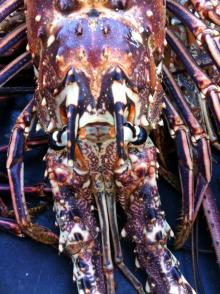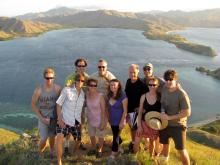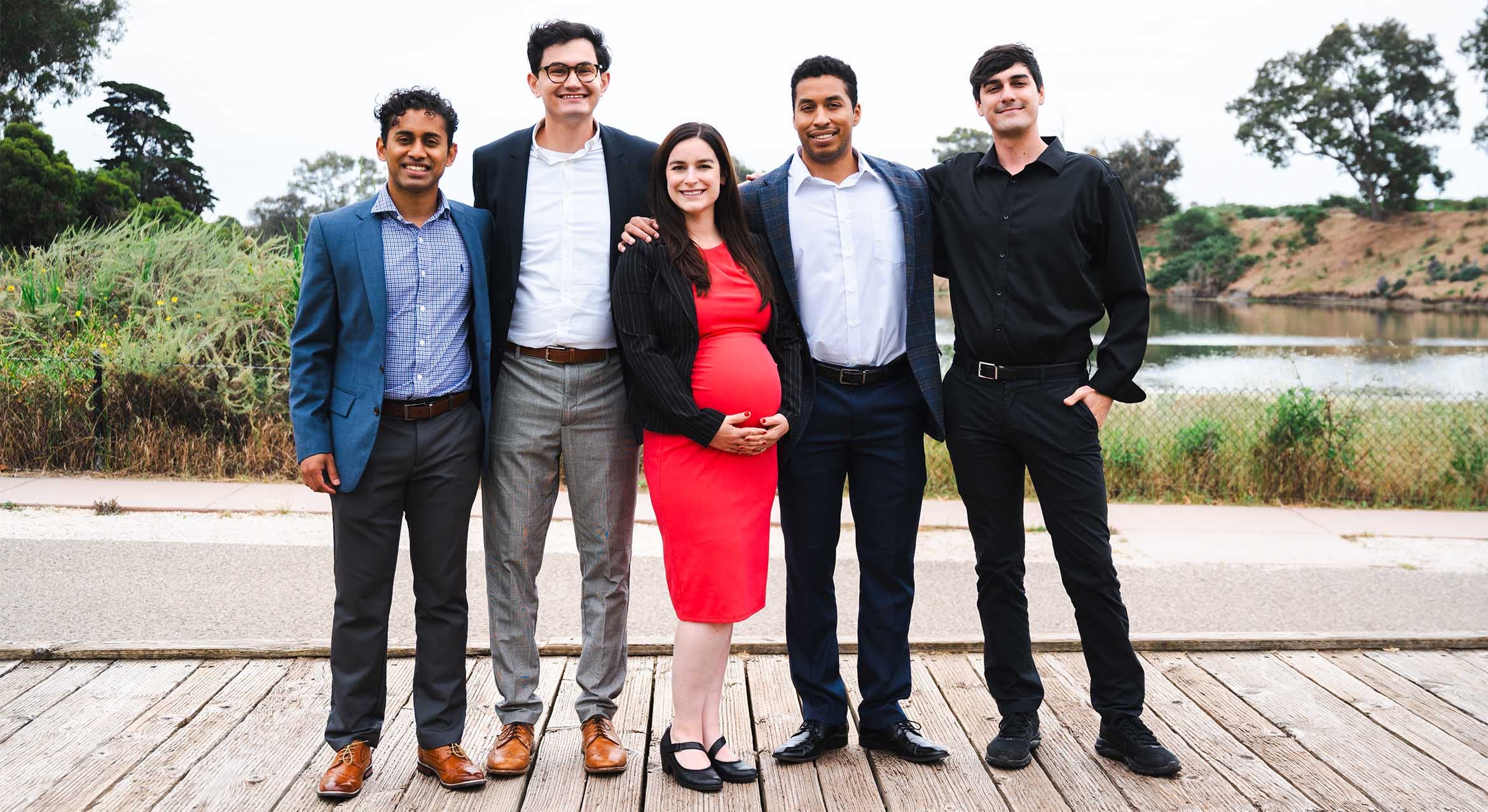
UC Santa Barbara-based Sustainable Ocean Solutions Aims to Aid Vulnerable Fisheries


How will Cuba's increasing prospects for trade, and tourism, impact its ocean areas and the fish that populate them? Will its sea life suffer overexploitation in the name of commerce and recreation? Will its fishermen lose income, or jobs, as fish stocks deplete?
A still-young project born at UC Santa Barbara is considering such questions, developing solutions to the problems facing fisheries and other ocean uses on Cuba and other countries around the world –– and teaching affected communities how to use them. A new grant is providing momentum toward that goal.
On the heels of a similar-sized grant a year ago, the Waitt Foundation has awarded $500,000 to an interdisciplinary partnership of two UCSB entities –– the Bren School of Environmental Science & Management and the Marine Science Institute (MSI) –– known as the Sustainable Fisheries Group (SFG). The money is earmarked for an ongoing project, Sustainable Ocean Solutions (SOS), which first launched in 2011 with a $400,000 award from the ocean-focused foundation established by Gateway Inc. founder Ted Waitt.
"The Waitt Foundation is our core support –– our biggest, overarching support," said SFG research and program manager Sarah Lester, a project scientist at MSI and Bren. "Their funding allows us to tie together all the pieces of what we do, which is so crucial."
With ongoing initiatives in the Galapagos Islands, Cuba, Bermuda, Indonesia, and California, among other locations, SOS is employing ocean management, conservation, and sustainability practices, in unison, to protect –– even bolster –– the health of such vulnerable low-volume fisheries worldwide.
An interdisciplinary consortium of scientists, ecologists, and economists, the group is also teaming with governments, non-governmental organizations (NGO's), conservationists, and stakeholders including fishermen's unions. Together they are blending academic research and development with real-time projects on the water to design –– and implement –– such solutions as fisheries rights, also known as catch shares; marine-protected areas and spatial management, or zoning; as well as seafood sustainability ratings and other supply-chain initiatives.
"Any one of those things might have some positive effect, though small, but by combining them we can enhance the sustainability, we argue, of essentially any fishery in the world," said principal investigator Christopher Costello, a professor of environmental and resource economics at the Bren School, who credits a conversation with Waitt himself for the conception of SOS. "The Waitt Foundation is incredibly supportive of that approach. Ted Waitt is actively involved, and really engaged with the work. He is a tremendous champion of the oceans and has been an outstanding partner."
On the Galapagos Islands, SOS is cooperating with local officials to assess their lobster and sea cucumber fisheries, and to design a spatial management program, including a marine-protected area, that promotes conservation without downgrading the economic viability of the region's valuable tourism industry. Zoning is also central to their efforts on Bermuda and Cuba. As the latter nation slowly opens up to trade and begins to see an influx of tourism, the potential degradation of its marine resources is of "serious concern," according to Costello.
"There are two big dangers here," he said. "From a conservation perspective, the whole ecosystem in some cases relies on a species that is being overexploited. Then there are the people that catch the fish. In many places we work, communities have relied on fishing for thousands of years, but if it's overexploited and there are no fish to catch, there are serious implications for local food security, and for livelihoods."
"We're at an important juncture," Lester concurred. "Some of these problems are getting worse, but we are actively developing novel tools to help solve them. The work that we're doing suggests that a lot of fisheries are in trouble, but we have a good sense of things that need to be done to fix those problems. We are cautiously optimistic."
† Bottom image: The Sustainable Fisheries Group team during a field visit to Indonesia. Front row, left to right: Dan Ovando, Crow White, Peggy Lubchenco, Laura Dee, Sarah Lester, Andrew Rassweiler; back row: Christoper Costello, Steven Gaines, Robert Deacon, The Nature Conservancy's Chuck Cook
Related Links
Waitt Foundation
The Campaign for UC Santa Barbara



